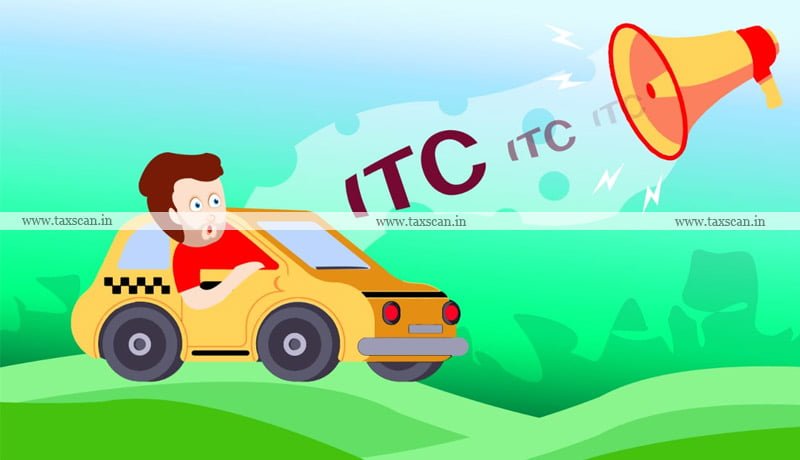Restriction on claiming of ITC of particular year till Due Date of Filing Sept. Return of Next Financial Year should be done away with: AIFTP [Read Letter]

claiming of ITC – Financial Year – AIFTP – Taxscan
claiming of ITC – Financial Year – AIFTP – Taxscan
The All India Federation of Tax Practitioners (AIFTP) clarified that restriction on claiming Input Tax Credit (ITC) of a particular year till the due date of filing September Return of next Financial Year should be done away with.
The Federation clarified that the restriction on claiming of ITC of a particular year till the due date of filing September Return of the next Financial Year should be done away with and such restriction may be linked with the date of filing of annual return of the concerned financial year as certain unclaimed/short claimed ITC come to knowledge only while preparing/filing of the annual return.
“Section 16(2)(c) provides that no registered person should be entitled to the credit of any input tax in respect of the supply of goods or services or both to him unless the tax charged on the supply has actually been paid to the Govt. either in cash or through the utilization of ITC,” the Federation while addressing the representation on issues under GST.
The GST law provides that if inadvertently or otherwise, SGST or CGST has been paid as IGST or vice versa, the registered person should claim a refund for the same and again make the payment under the correct head. At times, practically it is not possible for more than one technical reason. There should be a mechanism to allow the registered persons to adjust on their own in their returns. The flexibility will take care of many litigations and harassment to the registered persons without there being any loss to the revenue.
Under VAT laws, if such an error happened, the commissioner had the power to make the adjustment at the back end on the basis of an application made to him by the taxpayer.
“We, therefore, represent that a similar facility should be made available to the proper officer to transfer the tax from one head to the other instead of asking the taxpayer to pay again and claim a refund of tax paid under the wrong head. This will reduce unnecessary compliance burden and contribute towards ease of doing business,” the Federation added.
The recipient does not get credit in the above situations even if he fulfills all conditions of entitlement of ITC u/s 16 and it is a total loss to him although the government has received the tax due. It is, therefore, represented that a way out be found so that recipient can attach necessary purchase documents as evidence while filing his GSTR-3B for which the credit has been claimed and separate row may be added claim such credit basis which proper officer can examine such documents attached before issuing any deficiency notice/enquiry to the taxpayer to verify the claim of credit.
“In case of proprietorship business, GST registration is granted on the basis of proprietor’s PAN and, therefore. at most places (such as GSTR-2A etc.), the proprietor’s name is reflected instead of the Tradename on GSTN. Whereas, it is the tradename that is mentioned on the invoices and other documents used in the normal course of trade & business. This creates a lot of confusion for the users while matching the data. We, therefore, suggest that tradename be used by the GSTN instead of proprietor’s name to eliminate any chance of confusion,” the AIFTP said.
To Read the full text of the Letter CLICK HERE
Support our journalism by subscribing to Taxscan AdFree. Follow us on Telegram for quick updates.


